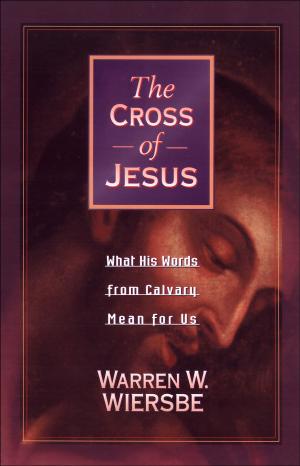Watching TV Religiously (Engaging Culture)
Television and Theology in Dialogue
Nonfiction, Social & Cultural Studies, Social Science, Cultural Studies, Popular Culture, Religion & Spirituality, Theology, Christianity, Christian Life| Author: | Kutter Callaway, Dean Batali, William Dyrness, Robert Johnston | ISBN: | 9781493405855 |
| Publisher: | Baker Publishing Group | Publication: | November 15, 2016 |
| Imprint: | Baker Academic | Language: | English |
| Author: | Kutter Callaway, Dean Batali, William Dyrness, Robert Johnston |
| ISBN: | 9781493405855 |
| Publisher: | Baker Publishing Group |
| Publication: | November 15, 2016 |
| Imprint: | Baker Academic |
| Language: | English |
Helping Christians Understand the Power and Meaning of TV
Since its inception, television has captured the cultural imagination. Outside of work and sleep, it is now the primary preoccupation of most Americans. Individuals consume upward of five hours of TV daily, even more when taking into account viewing done online and on mobile devices. TV is so ingrained in the fabric of everyday life that it can't help but function as one of the primary means through which we make sense of our lives and the world.
This book shows that television--as a technology, a narrative art form, a commodity, and a portal for our ritual lives--confronts viewers theologically. Whether its content is explicitly spiritual or not, TV routinely invites (and sometimes demands) theological reflection. This book articulates something of the presence and activity of God in the golden age of TV and forges an appropriate response to an ever-changing cultural form. It constructs a theology of television that allows for both celebration and critique, helping Christians more fully understand and appreciate the power and meaning of TV. A supplemental website provides additional resources, conversations, and close readings of TV programs.
Helping Christians Understand the Power and Meaning of TV
Since its inception, television has captured the cultural imagination. Outside of work and sleep, it is now the primary preoccupation of most Americans. Individuals consume upward of five hours of TV daily, even more when taking into account viewing done online and on mobile devices. TV is so ingrained in the fabric of everyday life that it can't help but function as one of the primary means through which we make sense of our lives and the world.
This book shows that television--as a technology, a narrative art form, a commodity, and a portal for our ritual lives--confronts viewers theologically. Whether its content is explicitly spiritual or not, TV routinely invites (and sometimes demands) theological reflection. This book articulates something of the presence and activity of God in the golden age of TV and forges an appropriate response to an ever-changing cultural form. It constructs a theology of television that allows for both celebration and critique, helping Christians more fully understand and appreciate the power and meaning of TV. A supplemental website provides additional resources, conversations, and close readings of TV programs.















